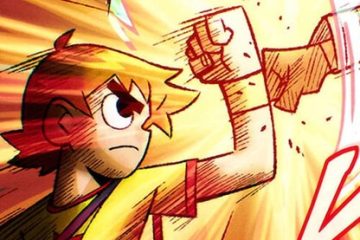The Lasting Legacy of Brandon Lee in Film and Martial Arts

Introduction
Brandon Lee, the son of martial arts legend Bruce Lee, made a significant impact in the film industry during the early 1990s despite his untimely death. His dedication to martial arts and performance has left a lasting legacy, making him an enduring icon in cinema and popular culture. With the recent resurgence of interest in his works, it is crucial to reflect on his influence and contributions to the fields of action cinema and martial arts.
Brandon Lee’s Rise to Fame
Born on February 1, 1965, in Oakland, California, Brandon Lee showed an early inclination towards martial arts, following in his father’s footsteps. He began training in various martial arts disciplines, including Jeet Kune Do, the fighting style founded by Bruce Lee. Brandon’s journey into acting was quite challenging, often overshadowed by the legacy of his father. However, he gained recognition for his remarkable talent in films like “Teenage Mutant Ninja Turtles” (1990) and “Rapid Fire” (1992).
The Crow and Its Impact
Brandon Lee’s most notable role came in the film “The Crow,” which was released in 1994. Unfortunately, Lee died in a tragic accident on set during the filming of this iconic movie, which had a deep and lasting impact on the film industry and fans alike. The film, which blends horror, fantasy, and action, dealt with themes of love, loss, and resurrection—mirroring the unexpected end of Lee’s life. The posthumous release of “The Crow” further solidified his status as a cult hero. Following his death, the film garnered a massive following, making it a classic and a testament to Lee’s talent.
Brandon Lee’s Cultural Significance
Brandon Lee’s foundation in martial arts coupled with his acting skills brought a unique style to action movies, often characterized by intense physicality and emotional depth. His legacy continues to influence modern martial artists and actors, as seen in subsequent films that have drawn inspiration from his fights and philosophies. Moreover, discussions surrounding his life often highlight the importance of representation in Hollywood, particularly for Asian actors and actresses. Brandon Lee remains a symbol of perseverance and talent, proving that dedication can pave the way for success, even in the face of adversity.
Conclusion
The legacy of Brandon Lee extends beyond his tragic death; it serves as a reminder of his talent, the complexity of his character, and his contributions to cinema. His life and work resonate with many, as they highlight not only the significance of martial arts in film but also the power of storytelling in navigating grief and tragedy. As discussions about diversity and representation in film continue to grow, Brandon Lee’s impact will undeniably remain a critical piece of this ongoing conversation.








